Hygiene
December 27, 2018
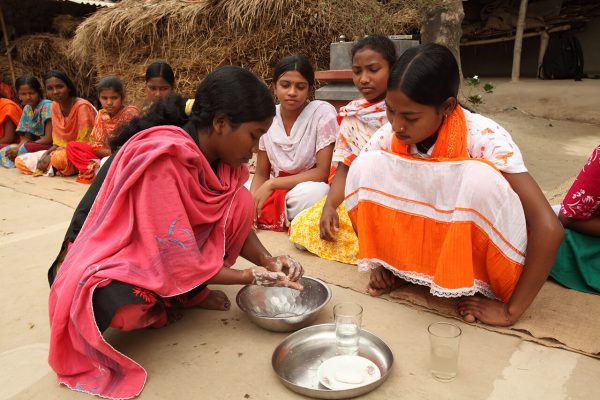
Published by Salman Sabbab at Dec 27 2018
Categories
Life is different for three out of 10 people worldwide, or 2.1 billion people, who do not have clean, safe water in their homes. One quarter of the world’s population does not have access to decent toilets. In cities alone, over 80 million people practice open defecation.
October 15, 2018
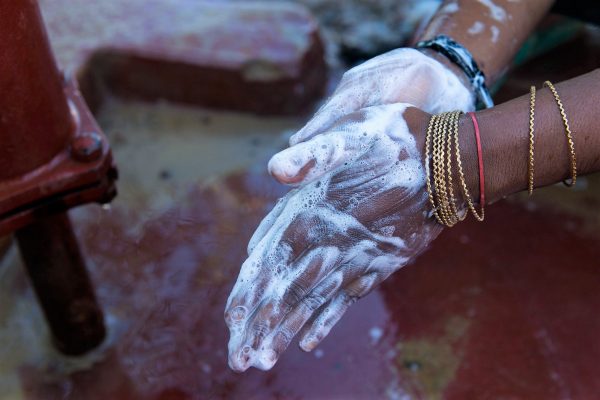
Published by Anika Haque at Oct 15 2018
We are celebrating Global Handwashing Day today with 12 amazing ideas that made it to the finale of WASH Innovation Challenge, organised by BRAC and UNICEF.
August 16, 2018

85% of schools in Bangladesh have at least one sanitation facility for students. Only half of them have a separate toilet for girls, with only 8% having a hand-washing station with soap and water.
August 9, 2018
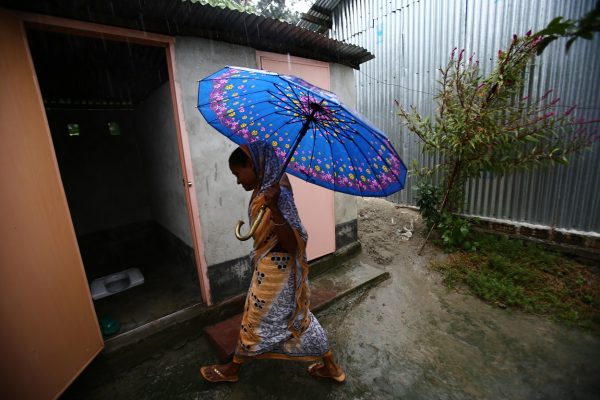
Published by Oishi Nawal at Aug 09 2018
Categories
Bangladesh has largely succeeded in providing access to basic sanitation. Using latrines in rural communities is now no longer seen as a luxury reserved for upper-income households, but a necessity at all levels of society.
May 29, 2018

Published by Tasmia Jahangir at May 29 2018
Categories
Menstruation is not just a monthly affair for many girls in Bangladesh. It is also an issue that hinders their education and their entire life. On Menstrual Hygiene Day, learn how we encouraged girls to stay in school throughout the year.
March 22, 2018

Published by Zarfisha Alam at Mar 22 2018
As we mark the World Water Day 2018, we shed light on the revival of the traditional rainwater harvesting systems that are improving the lives of many who live in water stressed, remote areas.
January 23, 2018
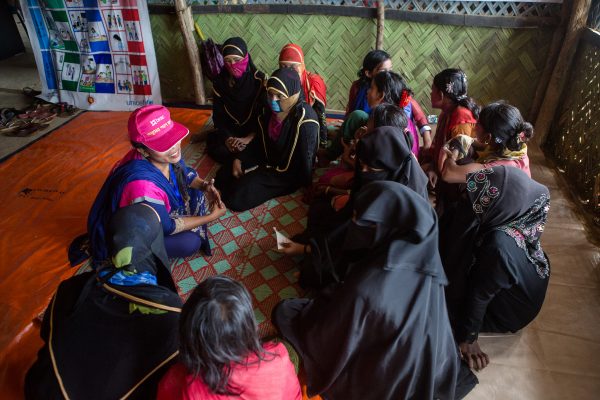
Published by Dibarah Mahboob at Jan 23 2018
A woman’s handbag seemingly contains a world of mystery. Her phone, keys, wallet, some tissue to wipe the nose, a sanitary pad just in case, maybe sunglasses, and receipts from the supermarket. But what does one carry in a crisis?
November 18, 2016
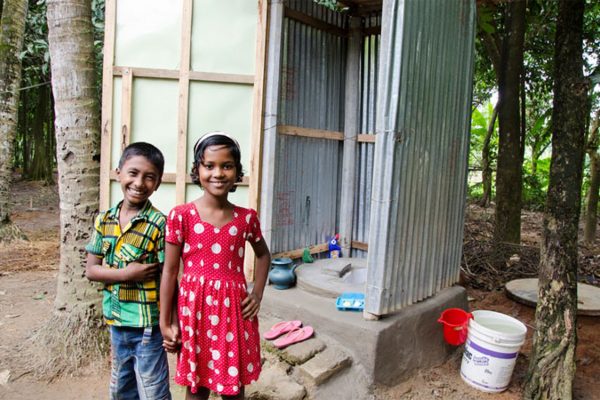
Published by Nameerah Khan at Nov 18 2016
Categories
Last year WHO and UNICEF’s Joint Monitoring Programme for Water Supply and Sanitation reported that Bangladesh had made significant progress in reducing the proportion of people practising open defecation –to just 1 per cent, down from 34 per cent in 1990.
February 1, 2016
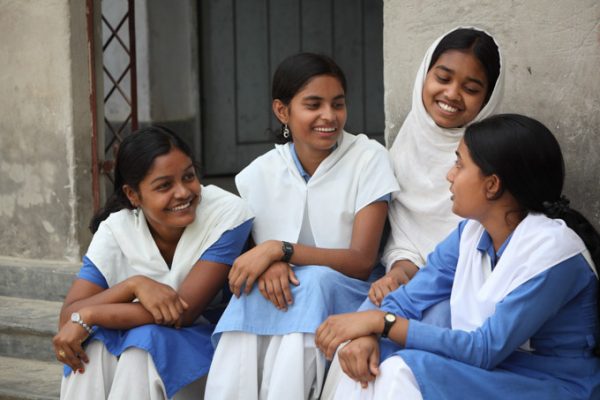
Published by A.T.M. Ridwanul Haque at Feb 01 2016
A few months ago, Thaingkhali High School in south-eastern Bangladesh had neither safe water supply nor adequate facilities for handwashing. Without safe water in the school premises during the dry season, students felt dehydrated, becoming sleepy and unable to concentrate during lessons.
August 3, 2015
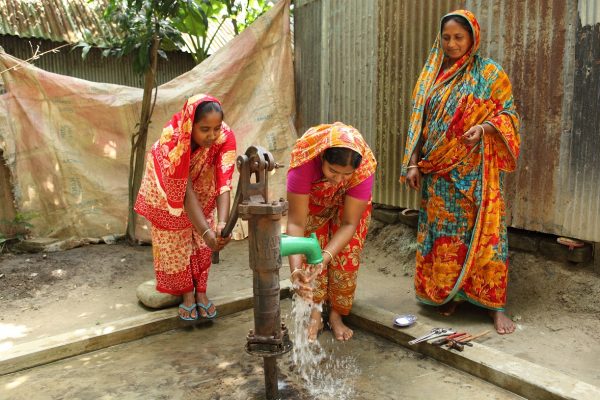
Published by Peter McIntyre at Aug 03 2015
Categories
“People are developing a taste for healthy living. They want improvement‑ compared to us and what we are doing, they want better,” says Md Amin Uddin, one of the elders in Arua village in Keshabpur upazila, Jessore, Bangladesh who is optimistic about the future.
August 3, 2014

Published by Cor Dietvorst at Aug 03 2014
This article was originally posted on IRC WASH blog on 1 August 2014 by Cor Dietvorst and Vera van der Grift Dr. Mushtaque Chowdhury from BRAC on the Bangladesh public health miracle, aid or trade, arsenic, floating latrines and the post-2015 development agenda.
July 26, 2014
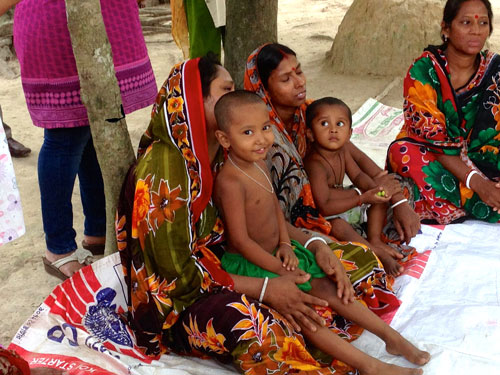
Published by Gabrielle Field at Jul 26 2014
For students who are not taught proper hygiene at home, health education can greatly influence their lives. In many countries, comprehensive hygiene education is government-mandated. In Bangladesh, it is not. BRAC’s water, sanitation and hygiene (WASH) programme works in schools to compensate for this.

